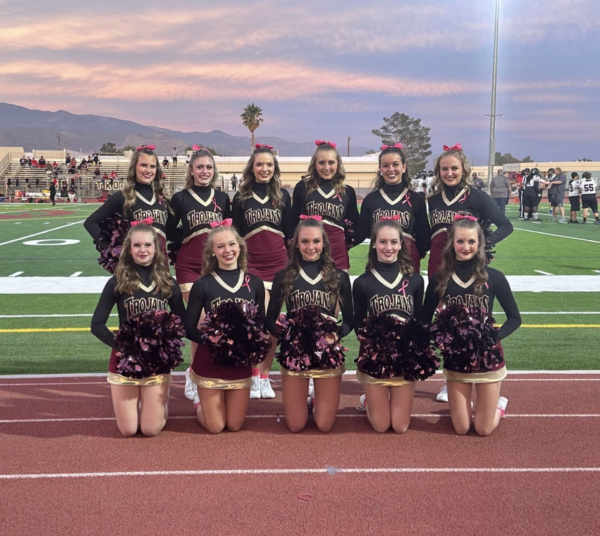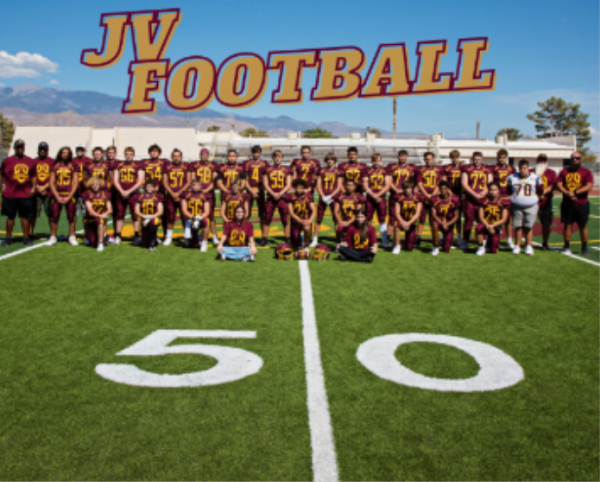Life After The Military
The transition for people leaving the military can be more difficult than people expect
Everyone knows about life in the military, but what happens when our soldiers are discharged and sent home? What new challenges lay ahead of them, and how do they overcome them?
We have five branches of the military: Army, Navy, Marine Corps, Coast Guard, and Air Force.
Even though each branch of the military is different, they all share one common goal. They fight to protect our country. They give their lives so that we can have ours.
Being discharged isn’t an easy transition. When someone is discharged, the military tries to help them readjust to civilian life as best as possible. There are many classes that the military offers to try and help someone become comfortable and back into the routine of civilian life.

Many emotions pass through the heads of our soldiers when they are discharged. Happy, sad, excited and they can even feel discomfort during the transition.
Francisco Mills, Army Veteran since 2011 says, “I was happy because I knew that I did something I could be proud of, but sad because I had to leave my one true passion in life.”
It is heartbreaking to hear that a soldier can no longer do the one thing in life that they have a passion for.
It is no surprise to us that when a soldier comes home that their families are overwhelmed with happiness and excitement, but they too face difficulties during the transition of a soldier being discharged. The normal routine that they have needs changing so that everyone’s needs are met.
A soldier can re-enter civilian life multiple ways. They can take classes, look online for information and help, and can ask their family for help.
The easiest way to re-enter civilian life is with the help of family. With a family’s help and support, soldiers don’t have to worry about where they will stay. They know that their family will be there to help them through every step.
After being discharged a veteran might see that the civilian life is not for them. They are used to the daily routine, the discipline, the ranks and the structure. Since civilian life does not have a lot of the these attributes, a soldier might decide to reenlist.
Not only do the soldiers miss the structure and routine, but they also miss their family that they made there. The people that they were with every day and fought with.
Loren Taylor, a Marine veteran and current Army Reserve soldier, says, “The thing you miss the most is your brothers and sisters-in-arms. We have similar backgrounds and we know each other even if we have never met.”
I think that relationship between the soldiers is special. They are the type of friends that you would want to keep for a long time. They are the people who really care and really deserve to be in a person’s life.
On January of 2016 the National Alliance to End Homelessness took a count of the amount of homeless veterans there are. We have 39,471 homeless vets as of 2016. The amount of homeless soldiers has decreased by 56% since 2010.
The National Alliance to End Homelessness also revealed that 91% of our homeless veterans are male, 98% are single, 76% live in the city and 54% have a mental or physical disability.
There are thousands of soldiers who give their lives for us. They leave their homes and their families to protect our rights and our freedom. Thank you to all of the men and women who served and are still serving in the U.S. Military.





